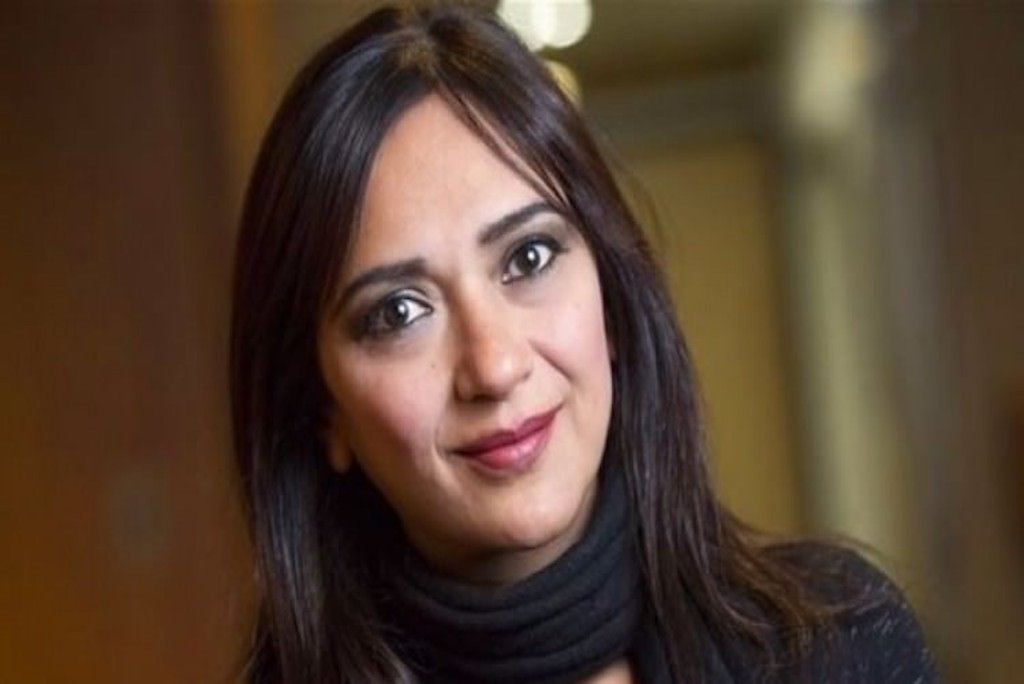
An inmate in İzmir F-type Prison said prison authorities allow and encourage communal religious activities while restricting all other group activities due to COVID-19.
Speaking to the Cumhuriyet daily, Güven Usta said they were made to watch Diyanet TV, a television channel owned and run by the Directorate of Religious Affairs (Diyanet). According to Usta, an imam was appointed to give sermons in the prison under a “spiritual guidance” program.
“All kinds of religious activities are permitted, such as reading the Qur’an as a group, or coming together to listen to a sermon,” said Usta. “However, in other cases prisoners are prevented from socializing or speaking to one another due to the pandemic.”
According to the İstanbul Medical Chamber and İstanbul Bar Association, COVID-19 restrictions that are still in effect in Turkish prisons, despite their elimination elsewhere, have led to serious rights violations.
Mehmet Durakoğlu, chairperson of the İstanbul Bar Association, said the pandemic is being abused by the government as a tool to legitimize rights restrictions and is especially true for prisons. “Precautions can be taken to save lives, but they should be done within the limits of the law,” Durakoğlu said.
İzmir F-type Prison is also known for restricting inmates’ visitation hours and preventing them from having contact visitation with their families despite a new regulation issued by the Justice Ministry in September aimed at improving the visitation rights of inmates.
Usta also added that the so-called spiritual guidance program only allowed for Diyanet-approved religious education and excluded the teachings of other religious beliefs.
The Diyanet was established in 1924 shortly after the founding of the modern Turkish republic. Its purpose was to ensure proper religious education and the separation of religion and the state. The Diyanet also appoints imams and drafts weekly sermons for delivery in the nation’s mosques.
The Diyanet is supposed to be apolitical, according to the constitution. But in recent years it has been increasingly politicized to the level that Turkey’s President Recep Tayyip Erdoğan compared the staff and imams of the Diyanet to “members of the army” in 2018.
Political issues are also incorporated in weekly Friday sermons, attended by most Muslim men in Turkey.
Speaking to the Independent’s Turkish service, Hayri Kırbaşoğlu, a theology professor, said the sermons were moving away from religion and more towards politics. “Instrumentalizing Friday sermons for political gain will only increase social division,” he added.
Theologian İhsan Eliaçık said each sermon started with the sentence “During these trying times for our nation.” He said the sermons created an impression that people needed to be aware of traitors and enemies.
Another theologian, Cemil Kılıç, said Friday sermons were turning into political propaganda. According to a 2019 news report by Duvar, the Diyanet had issued sermons that were highly political, with some urging people to obey the head of state.














